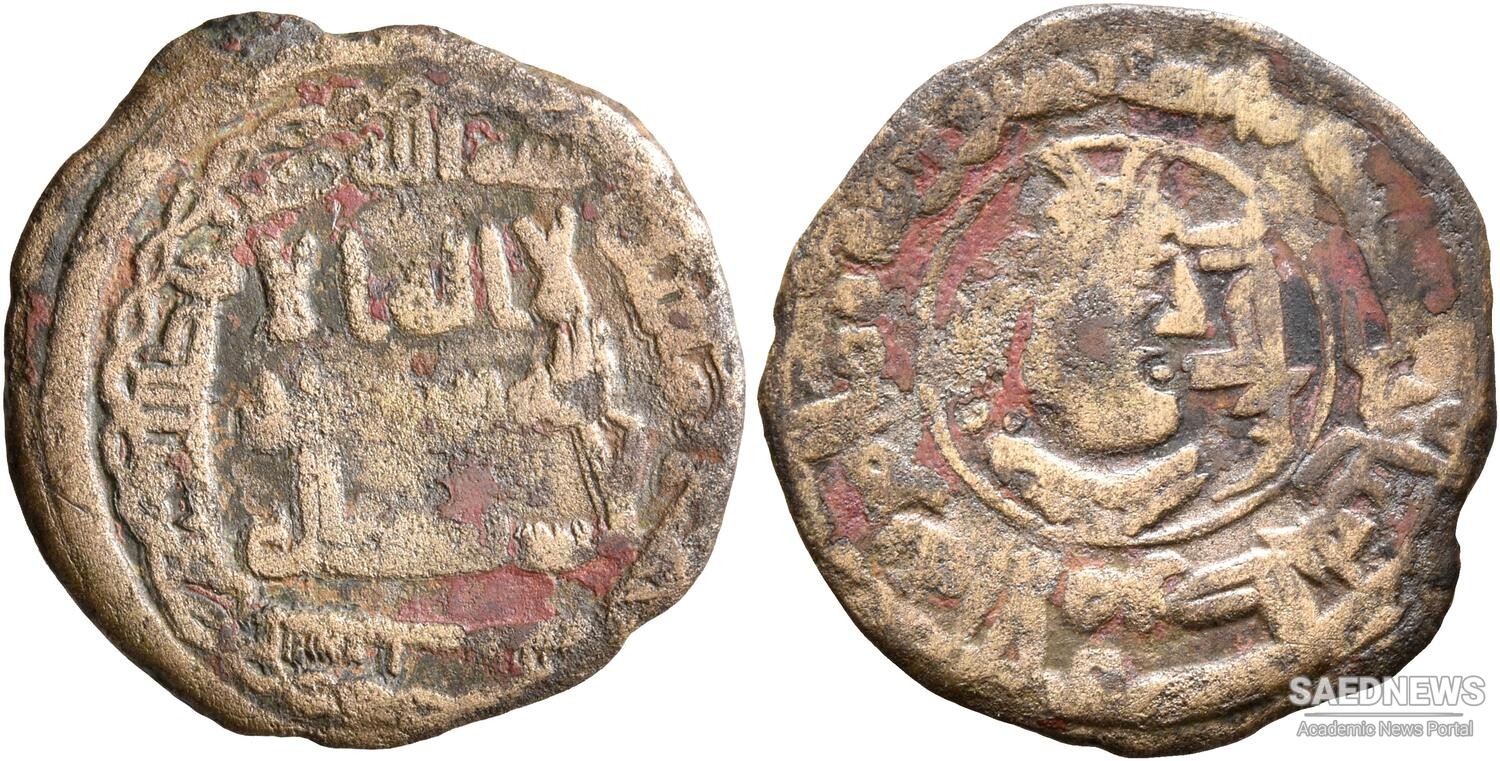Talha is a somewhat shadowy figure in the sources, but there is an abundance of references to Tahir's other son 'Abd-Allah, perhaps the greatest of the Tahirids and certainly the one who has left the deepest impression on the history and culture of his time. According to Shabushti, 'Abd-Allah had long been a favourite of al-Ma'mun's, and the caliph had "treated him like one of his own sons and brought him up". Much of 'Abd-Allah's early career was spent in the west, dealing with the unrest in the Arab lands consequent on the civil war between al-Amln and al-Ma'mun. He followed his father Tahir at Raqqa in the operations against Nasr b. Shabath, and in 209/824-5 or the following year, finally induced the latter to surrender. In 210/825-6 he was also in Egypt, putting down a long-standing uprising led by 'Abd-Allah b. al-Sarl, a revolt which had been aggravated by a group of freebooters from Muslim Spain, seizing control of Alexandria. In 214/829 he was at Dinavar with a commission to attack Babak, but was then transferred by al-Ma'mun to Khurasan in order to combat Kharijite raids there. (The final defeat and capture of the Khurrami leader was to be the work of the Afshin Haidar, who in 222/837, after lengthy and hard-fought campaigns in Azarbaljan and Mughan, captured Babak's fortress of Badhdh; the Armenian prince Sahl b. Sunbadh delivered up Babak to the Afshin, and he was executed at Samarra in 223/838.) When in 213/828 the death of Talha b. Tahir supervened, his brother was on the spot in Khurasan, and acted as deputy governor until 'Abd-Allah, the official governor, arrived in 215/830 at Nishapur, where he made his capital. During his fifteen years' rule in central and eastern Iran (215-30/ 830-45), 'Abd-Allah was undisputed master in his own house, without, however, behaving disrespectfully towards the 'Abbasids. Both Tahir and 'Abd-Allah had been high in al-Ma'mun's favour. According to Gardizi, the new Caliph al-Mutasim (218-27/833-42) hated 'Abd Allah, ostensibly because of a slight he had experienced at court from 'Abd-Allah during his brother al-Ma'mun's lifetime. Al-Mu'tasim is alleged to have tried to poison 'Abd-Allah, and later in the reign, the Afshin Haidar was encouraged in his own ambitions for Khurasan by talk from the caliph indicating that he wanted the Tahirids removed from Khurasan. This may be so, but on the other hand, al-Mu'tasim seems to have had a high regard for 'Abd-Allah and his capabilities. At his accession, he confirmed Abd-Allah in his governorship, and 'Abd-Allah retained the long-established interests of his family in Iraq. At his death he held, besides Khurasan, the provinces of Ray, Tabaristan and Kirman, and was administrator of the Sawad of Iraq and military commander in Baghdad, the total revenue from his territories being 48 million dirhams. 'Abd-Allah followed a policy of circumspection and non-provocation in his dealings with the caliphs, and would never leave his territories and visit the caliphal court at Samarra. When at one point Abd-Allah announced his intention to go westwards and perform the Pilgrimage, his secretary Isma'il protested, " O Amir, you are too sensible to undertake such a senseless business!"; the Tahirid agreed, and said that he had only wished to test him.


 Al-Ma'mun vs. Al-Amin Clash and Crumbling Power of Abbasids
Al-Ma'mun vs. Al-Amin Clash and Crumbling Power of Abbasids














































